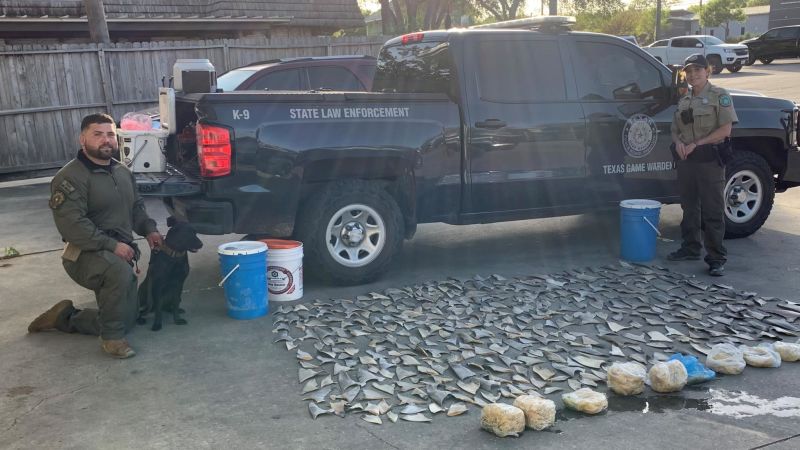Texas women’s basketball nonconference schedule
Texas women’s basketball nonconference schedule
After a 103-57 win over South Dakota State on Sunday, the Texas Longhorns will head into their holiday break on a high note.
Sunday’s lopsided win at Moody Center came five days after Texas beat La Salle by a 111-49 score. Texas hadn’t scored 100 points in consecutive games since it did so against McNeese State and UTSA in November 2017.
Texas never trailed on Sunday, and freshmen Jordan Lee and Justice Carlton served as first-half catalysts for the No. 6 team in the USA Today Sports Coaches Poll. Lee started and scored 10 first-quarter points while Carlton came off the bench to score 17 first-half points on 7-of-9 shooting. Combined, Lee and Carlton had 29 points in the first half. South Dakota State’s entire team had 26.
While Texas built its 53-26 lead in the first half, eight of the nine Longhorns who played scored. The surprising exception was All-American Madison Booker, who distributed three assists and grabbed three rebounds but missed her three shots.
A perennial NCAA tournament qualifier that had split its prior games against ranked Creighton and Duke teams, South Dakota State (10-3) never cut into its 27-point halftime deficit in the second half.
Here are three observations from Sunday’s 46-point rout:
Mwenentanda remains patient with her process
Carlton finished with 19 points and nine rebounds while senior forward Taylor Jones had 15 points, 11 rebounds and four blocks. Lee and senior guard Rori Harmon respectively added 14 and 13 points for a Texas team that shot 53.9% from the field. Booker was limited to nine points, but Harmon pointed out after the game that Booker’s +/- of 41 was the best among the Longhorns.
Ndjakalenga Mwenentanda was the fifth Longhorn to record a double-digit scoring total. Over 11 minutes, Mwenentanda scored 10 points on 5-of-6 shooting.
Mwenentanda grew up in South Dakota and was that state’s Gatorade Player of the Year in 2022. The school in Sioux Falls where she won a state championship is about an hour drive from South Dakota State’s campus. Mwenentanda was recruited by the Jackrabbits but she said that she was attracted to what Texas could offer her athletically and academically.
Since arriving on campus, Mwenentanda has shown glimpses of her potential since arriving at Texas, but she has mainly been a role player for the Longhorns. Sunday was the 11th time that she scored at least 10 points in a game. Just twice in her career has she played more than 25 minutes.
Mwenentanda sees herself as a Swiss Army Knife on the Texas roster. She’s listed as a 6-foot-2 guard on the team’s roster, but Vic Schaefer has mainly used her as a “4” player this season. Mwenentanda played some in the paint last season, but she got more playing time as a guard. Training more with the post players this offseason has helped her adjust to that role this season.
“I physically prepared for it, I mentally prepared for it. I’m enjoying it,” Mwenentanda said.
Schaefer praised the play of Mwenentanda in his postgame press conference on Sunday. Earlier in the week, Mwenentanda said that she was staying patient with her process.
“Everybody’s process is different. I feel like comparing myself to other people’s process would be one reason to give up,” Mwenentanda said. “Everybody on this team are great players, are great women so even though this process is a little bit different for me, it’s not something I look at negatively because I know everybody’s working hard and everybody’s pitching in.”
Status for sidelined Laila Phelia remains unclear
Texas senior Laila Phelia missed her third straight game on Sunday. Phelia suffered a detached retina during the offseason. Texas has not announced a timeline for her return, but Schaefer has said the program will soon release an update.
The leading scorer at Michigan last season, Phelia has played in just eight of the Longhorns’ 13 games. She is averaging 6.1 points and 19.4 minutes per game while shooting 40.5% from the field.
What’s next for Texas? Rest and one final tune-up
Next on the schedule for Texas is a home game against UTRGV (6-6) on Dec. 29. That will be the Longhorns’ final game until their Southeastern Conference debut at Oklahoma on Jan. 2, 2025.
But first, the Longhorns will get some rest. Mwenentanda won’t be able to fly back to South Dakota until Monday morning, but the rest of the Longhorns headed home after Sunday’s win. The Longhorns will return to practice on Dec. 27.
How will the Longhorns spend their break? The three players who attended Sunday’s postgame press conference – Carlton, Harmon and Mwenentanda – said they’d take some time off, but they added that they’ll get some workouts in with family and hometown trainers.
As for Schaefer? He’ll do some work over the break, but he won’t be in his office.
“I’m going to be standing in about knee-deep water in the morning calling a duck and having my son (Logan) with me and my dog, my hunting dog, not my show dog. We’ll enjoy some time together in the morning and then we’ll wet a line and fish in the afternoon,” Schaefer said. “I’ll probably sit in my bow stand a couple of nights with my computer in my lap and watch film. I don’t really care if I see anything or not, but I usually see a lot. I get more work done sitting in a bow stand in a bow blind than I do a lot of times sitting at my desk.
“I’ll just enjoy time with family. I’m really blessed with Holly and Logan and Blair here and we’re all together at Christmas, and it’s just a special time for us. We really embrace the Christmas season.”
Follow the American-Statesman on Facebook and X for more. Your subscription makes work like this possible. Get access to all of our best content with this tremendous offer.























/cdn.vox-cdn.com/uploads/chorus_asset/file/25789444/1258459915.jpg)

/cdn.vox-cdn.com/uploads/chorus_asset/file/25546252/STK169_Mark_Zuckerburg_CVIRGINIA_D.jpg)

/cdn.vox-cdn.com/uploads/chorus_asset/file/23951353/STK043_VRG_Illo_N_Barclay_3_Meta.jpg)
/cdn.vox-cdn.com/uploads/chorus_asset/file/24924653/236780_Google_AntiTrust_Trial_Custom_Art_CVirginia__0003_1.png)